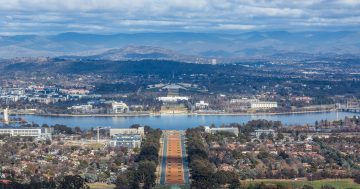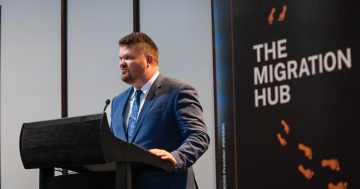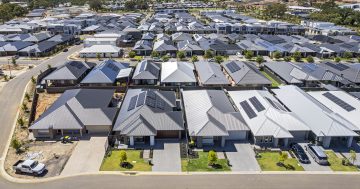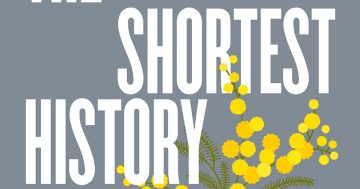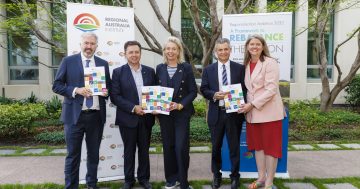Reviewed by Rama Gaind.
Edited by Julianne Schultz and Peter Mares, Text Publishing, $27.99.
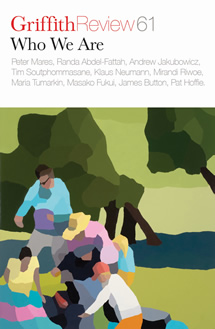 Constant people movements across the globe continue, Australia’s population is on the increase … soon to reach 25 million. As Schultz and Mares point out in this thought-provoking compilation, people are moving continually from farms to towns, from one country to another, between continents and hemispheres, following loved ones, chasing opportunities, running away, escaping and making new lives.
Constant people movements across the globe continue, Australia’s population is on the increase … soon to reach 25 million. As Schultz and Mares point out in this thought-provoking compilation, people are moving continually from farms to towns, from one country to another, between continents and hemispheres, following loved ones, chasing opportunities, running away, escaping and making new lives.
“This was as true in the eighteenth century as it is now – open-ended movement is in our DNA, and Australia is one of the countries most shaped by this defining human experience. Today, however, the relentless scale of movement is greater than ever and presents a conundrum: how to belong and feel part of a cohesive society; how to make the best idea of Australia possible.”
We all dream of striking it rich, trying our luck, dreaming of a fortune. Australia is hooked on migration for economic growth and cultural vibrancy, but turning that into a redefinition of who we are demands more active encouragement, a more generous and honest exploration of the costs and benefits of being a settler society. There’s also the reality of growing the population with new arrivals, and the tensions and contradictions of using temporary migration to achieve economic ends.
Prime Minister Malcolm Turnbull celebrates Australia as ‘the most successful multicultural nation in the world’. He likes to describe Australia as the greatest multicultural country in the world.
Co-editors of GR61 strive to foster that conversation through the voices of the newly-arrived and the long-settled; those with a sense of history and others focused on future possibility. Some are angry, others optimistic – but all the contributors present perspectives that need to be heard in an urgent national conversation to help rethink who we are and what we might become.


